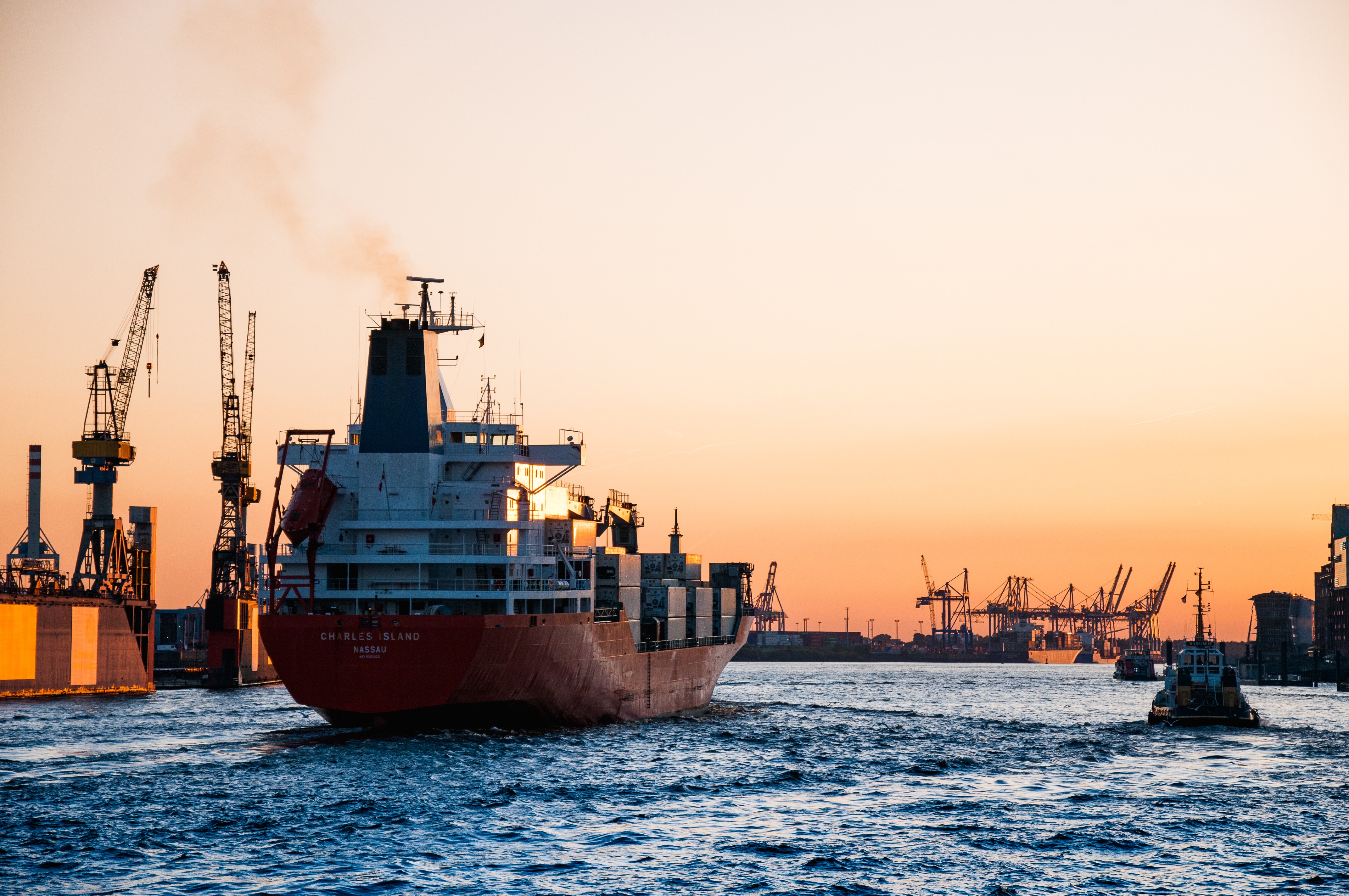Why due-diligence is vital out on the high seas.
May International
September 12, 2022, 11:51 am

International trade is a major channel for inadvertently funding the activities of organised crime, providing capital and restricted goods to sanctioned parties, and laundering the funds of traffickers and other offenders.
Financial regulators have recently focused on financial transactions involving the movement of goods through the shipping industry by exporters and importers, consignors and consignees, including banks that finance global trade and insurers that insure cargoes.
As a result, trade finance and compliance teams are recognising that regulatory risk can be associated with a variety of aspects of a trade transaction, including the goods being traded, the buyers and sellers (and their affiliates), cities and ports along the shipping route, and the shipping vessels themselves. Shipping companies in particular, must help shield against undertaking unlawful trades where they clearly violate the laws of the jurisdiction to or from which the vessel will trade.
Additionally, vessels can be explicitly sanctioned. The shipping advisories issued by the Office of Foreign Assets Control (OFAC) emphasise the importance of identifying deceptive shipping practises by portraying the extents to which some countries will go to avoid sanctions restrictions.
For example, in 2018 North Korean terminals alone were associated with more than 260 tanker deliveries of petroleum products via deceptive shipping practises, resulting in the investigation of at least 50 vessels and 160 associated companies by global regulatory bodies.
Sources:
- Dow Jones
- Poles Global
- Regulation Asia
- Marine Traffic